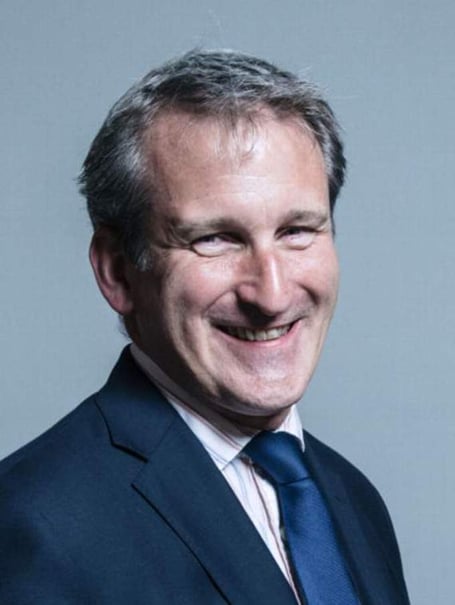ENERGY was a leading discussion topic at COP26 East Hampshire – and rightly so, as energy plays a leading role in the road to net zero.
My former role at the Treasury gave me an insight into the difficult energy ‘trilemma’ we face; between keeping the lights on, decarbonising and keeping cost down.
With the Russian invasion of Ukraine, world energy prices have rocketed. There is sharpened focus on the security of supply – and who we are comfortable buying from.
We now need to look even more carefully at our current mix of energy supply and how we can accelerate the transition to more secure, more sustainable, yet affordable sources.
But despite the UK being a world leader in offshore wind and decarbonising our electricity supply, we also need to have power when the sun doesn’t shine or the wind doesn’t blow. We want, of course, the lowest carbon sources, but demand points towards the need for nuclear to be part of the mix.
The government’s British Energy Security Strategy sets out how we will accelerate the deployment of wind, new nuclear, solar and hydrogen, while supporting the production of domestic oil and gas in the nearer term. It will drive a major acceleration of homegrown power, to ensure greater energy independence.
The ambition is for around a quarter of our electricity to come from nuclear by 2030, with new projects brought forward, including the use of small modular reactors.
And planning reforms will cut approval time for offshore wind farms with consultation for a limited number of onshore facilities in communities in return for lower energy bills.
The push will also look to increase our solar capacity with an aim to double the production capacity of low carbon hydrogen by 2030.
This cleaner energy will help industry move away from a reliance on fossil fuels, although oil and gas will remain an important part of the overall transition.
A licensing round for new North Sea oil and gas projects is planned for the autumn, recognising how important these fuels are for energy transition and energy security.
And of course decarbonisation is all about the alternative power source that is used instead so, for instance, all moves away from coal make a positive contribution to that goal.
Technology will continue to play a key role in the speed and direction we take, and I remain optimistic about the substantive difference battery development can, and will, make.
Supporting the strategic boost for new and accelerated energy sources will be a new public body to oversee the energy network and to strengthen the resilience of our energy supply.
The Future System Operator will look at our energy system, integrating existing networks with emerging technologies such as hydrogen.
It will work with suppliers and networks to balance the UK’s electricity systems, and provide strategic oversight of our gas system, taking on longer-term planning in respect of gas supplies.
The need to reduce our use of carbon is clear, and there will be new funding to accelerate carbon capture and storage technologies and how to support the commercialisation of the technology.
Our journey to net zero continues and we must not lose sight of the opportunities we have locally to make a difference.
The priorities identified during last year’s COP East Hampshire event should help guide us all in how best to do that.
We also need a greater focus on managing resources in a way that builds greater energy security, for the thousands of businesses and millions of households across the country who rely every day on its supply.





Comments
This article has no comments yet. Be the first to leave a comment.